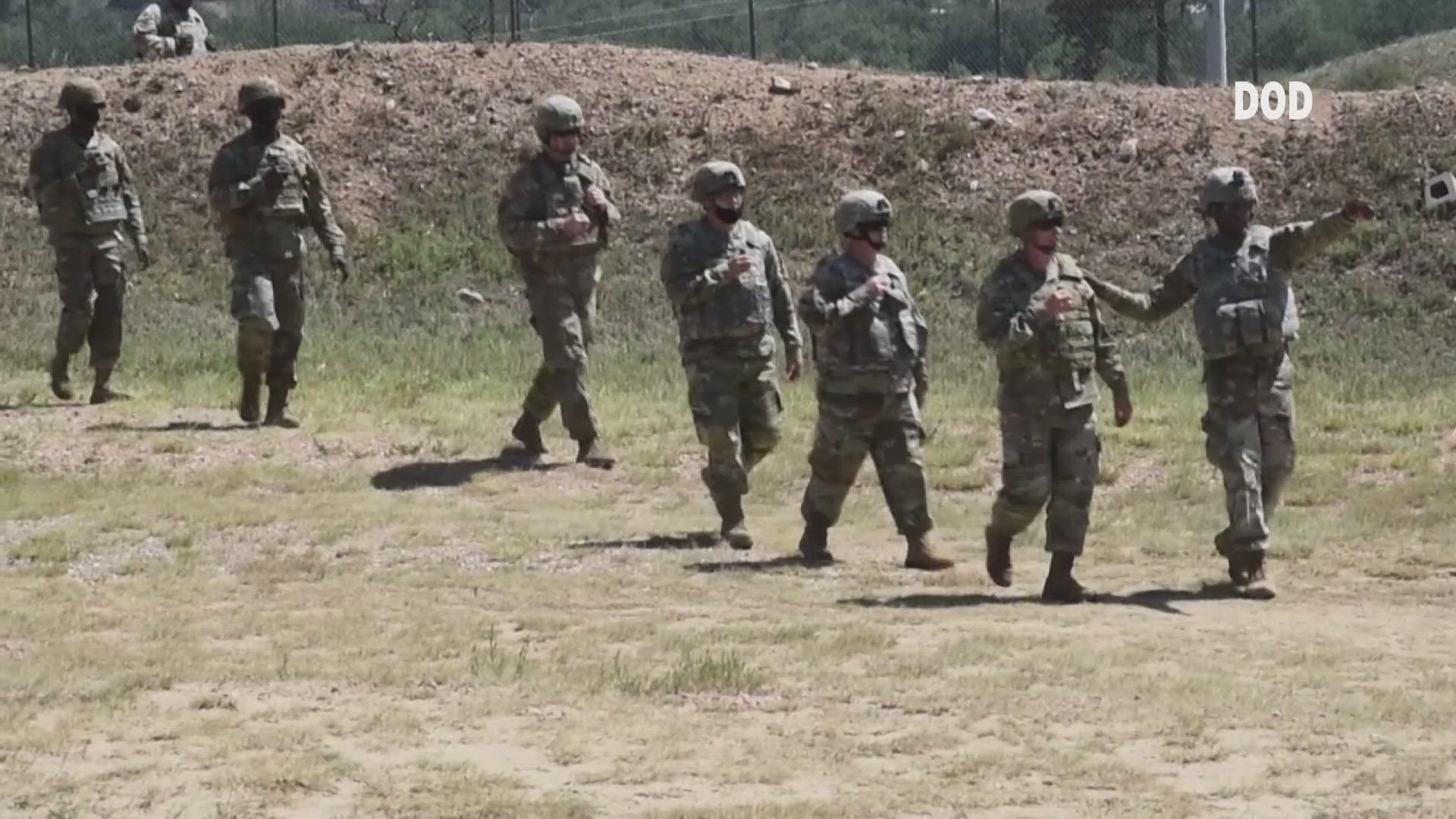BOSTON — The Boston University CTE Center team participated in a webinar on Wednesday, discussing research on brain injuries and the military. The webinar, hosted by the Concussion Legacy Foundation, reviewed research from BU's CTE Center.
Researchers are investigating the connection between military service and brain injuries, particularly repetitive head impacts.
Dr. Thor Stein, a neuropathologist, highlighted that cumulative blast exposures, such as those experienced during military training, can lead to traumatic brain injuries or chronic traumatic encephalopathy (CTE). He said brain injury associated with military service is varied, but there is a subset of people in the military more at risk for head injury.
Dr. Stein said damage to white matter is a common finding for people with exposure to blast injury, as well as other kinds of repetitive head impacts.
That's the case for Lewiston mass shooter Robert Card, who was a U.S. Army Reservist and a longtime instructor at a hand grenade training range where he is believed to have been exposed to thousands of low-level blasts.
Back in March, Boston University's CTE Center released the findings of the post-mortem study, which revealed researchers found Card's tissue sample showed evidence of traumatic brain injuries (TBI).
"In the white matter, the nerve fibers that allow for communication between different areas of the brain, there was significant degeneration, axonal and myelin loss, inflammation, and small blood vessel injury. There was no evidence of chronic traumatic encephalopathy (CTE)," Dr. McKee, director of the BU CTE Center, said in March.
The CTE Center is partnering with the Concussion Legacy Foundation and Boston VA to conduct a study with 1,000 participants, Dr. Stein said, called "BANK CTE."
Stein said researchers are particularly interested in military servicemembers who have had exposure to head impacts. However, they're also looking for people who have and have not had head impacts. They're asking for people 40 years and older.
Click here for more information or to see if you're eligible.

